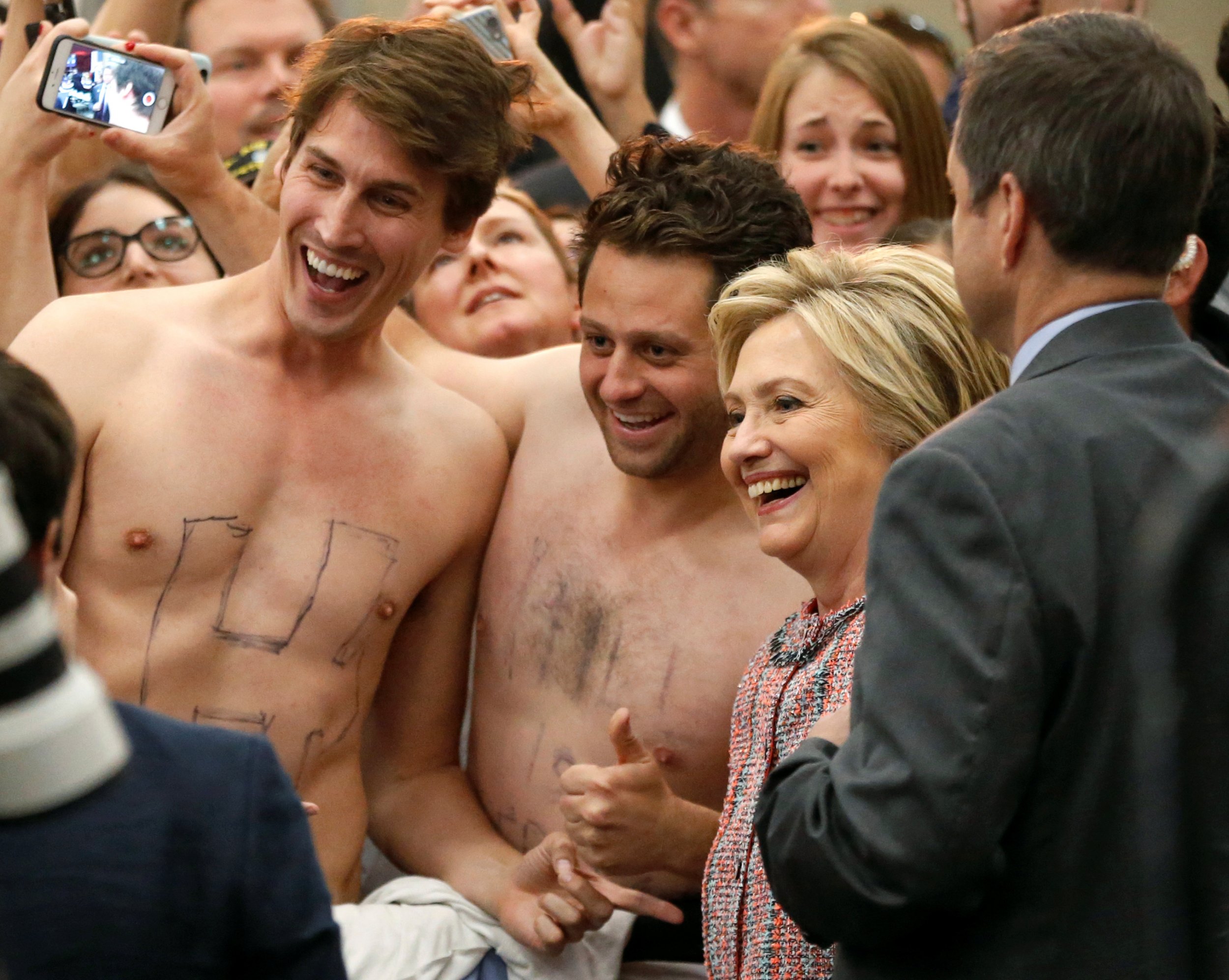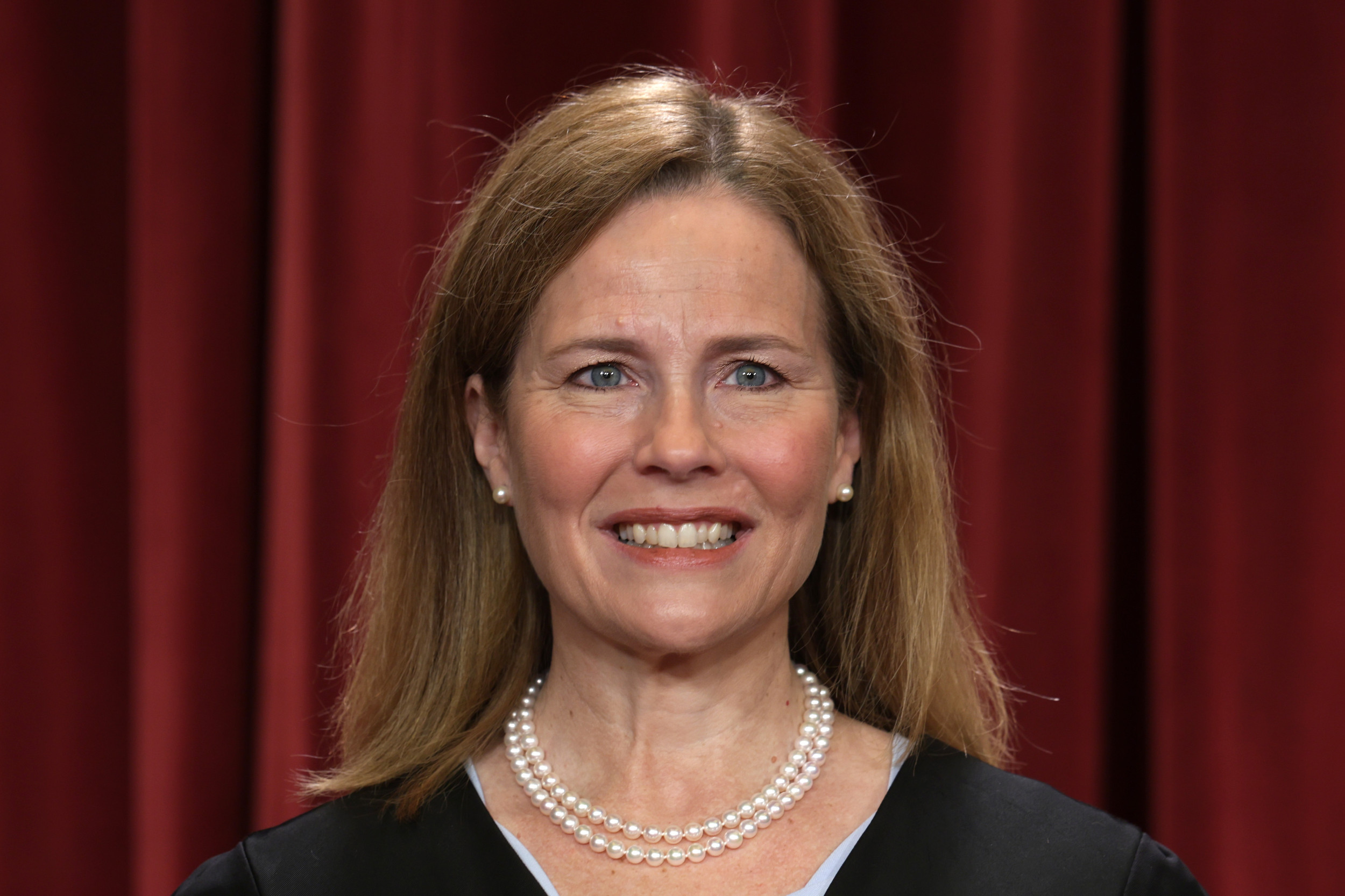
Hillary Clinton unveiled an environmental conservation plan Wednesday in a bid to appeal to California's eco-conscious voters, who go to the polls on June 7. But her plan—which includes new funds for water infrastructure and parks; tighter restrictions on onshore oil, gas and coal extraction; and a reiteration of her opposition to offshore drilling in the Atlantic Ocean and Arctic Circle—could help boost her stock with another key voting bloc: millennials.
The Democratic front-runner is laboring to lure 18- to 29-year-old voters from Bernie Sanders, the 74-year-old "democratic socialist" who has become a cult hero among many 20-somethings. They are a key segment of the coalition that Barack Obama forged in 2008 and 2012, and Clinton will need them in November. But she has thus far struggled to win them over: A recent Public Policy Institute of California poll found that 66 percent of the state's likely Democratic primary voters ages 18 to 44 said they were voting for Sanders, compared with just 27 percent for Clinton.
A focus on the environment and climate change might help. More than three-quarters of 18- to 29-year-olds said in a November 2015 ABC News/Washington Post poll that climate change is a serious problem facing the country. And a January USA Today/Rock the Vote poll conducted by Ipsos in January found that 80 percent of millennials agreed that "America should transition to mostly clean or renewable energy by 2030."
George Mason University junior Andy Sachs came to a Clinton rally at his Northern Virginia campus in late February, hoping to hear Clinton discuss her environmental priorities. "I am an environmental science major, and to me the biggest issue is climate change, and she unfortunately presented nothing on it," the 21-year-old lamented. He left leaning toward voting for Sanders in Virginia's March primary.
Not all millennials consider climate change and the environment their highest priority, however. The same USA Today/Rock the Vote poll found young people rank the economy and jobs; foreign affairs and national security; education and student loans; and health care all ahead of the issue. In that light, it makes sense that Clinton continues to focus on job opportunities and college loan debt when addressing young people. But environmental concerns are an issue that unites young people much more than older generations, as polling by the Pew Research Center and others have found. And with that in mind, Donald Trump's unequivocal embrace of business interests over the environment gives Clinton an opening to draw a dramatic contrast on the issue with her all-but-certain general election opponent.
Environmental groups are almost giddy at the prospect of the matchup. Says Ben Wessel, director of the millennial voter program at NextGen Climate: "It makes our job pretty fun and easy when Donald Trump is on the stage with a bunch of oil executives." Wessel was alluding to an energy speech Trump gave last week in North Dakota, where he was introduced by Continental Resources CEO Harold Hamm. Among other things, the real estate tycoon promised to rescind Obama regulations on coal-fired power plants (currently tied up in the courts) and pull the United States out of the international climate accord known as the Paris agreement.
A day later, Trump declared at a rally in California that "there is no drought" in the parched state, which was under water rations until last month. Rather, officials are "taking the water and shoving it out to sea," to protect an endangered fish, the presumptive Republican nominee complained.
NextGen Climate, the environmental advocacy group funded by liberal billionaire Tom Steyer, plans to spend $25 million in an effort to register and engage young voters around environmental issues in seven swing states, mostly focused on college campuses. It organized demonstrations in several states around Trump's energy speech last week, including one in front of Republican Senator Kelly Ayotte's office in New Hampshire. "We're targeting young voters and registering new voters because young people are overwhelmingly in agreement that we need to do something in order to avert disaster," says Wessel.
Clinton, however, has struggled with these voters and on this issue in the primary. She's regularly shadowed by environmental activists—often young people—criticizing her campaign's fundraising from people with ties to the fossil fuel industry. That earned one Greenpeace activist a tongue lashing from the candidate in March, which was caught on videotape and quickly went viral. Over the course of the campaign, Clinton has sought to woo environmentalists by coming out against the Keystone XL oil pipeline and offshore drilling and endorsing tighter restrictions on oil and gas fracking. But Sanders has taken a harder line, opposing fracking entirely and pushing for legislation to keep fossil fuels in the ground. In the process, he's won the support of many of rank-and-file activists (if not many endorsements from major environmental groups).
Michael Brune, executive director of the Sierra Club, cheered the release of Clinton's environmental stewardship, saying it is "consistent with her previous comments on conservation" but also "broke some new ground." Specifically, Brune pointed to her proposals for a new Water Innovation Lab to coordinate research and a Western Water Partnership to invest in water conservation efforts.
"It's fair to say that Secretary Clinton has strengthened her environmental policies, in particular on fracking," says Brune, whose organization did not endorse in the primary. "It's also fair and clear to say that her policies don't yet do what science requires, which is that we need to find a way to stop fracking and move beyond all fossil fuels."
But even if Clinton doesn't move as far to the left on energy and the environment, organizers like Wessel believe her positions make her far and away the best general election option for voters concerned about the future of the planet. "What we are doing is laying out a contrast—and, frankly, the contrast couldn't be clearer."
Uncommon Knowledge
Newsweek is committed to challenging conventional wisdom and finding connections in the search for common ground.
Newsweek is committed to challenging conventional wisdom and finding connections in the search for common ground.
About the writer
Emily spearheads Newsweek's day-to-day coverage of politics from Washington, D.C. She has been covering U.S. politics, Congress and foreign affairs ... Read more
To read how Newsweek uses AI as a newsroom tool, Click here.








